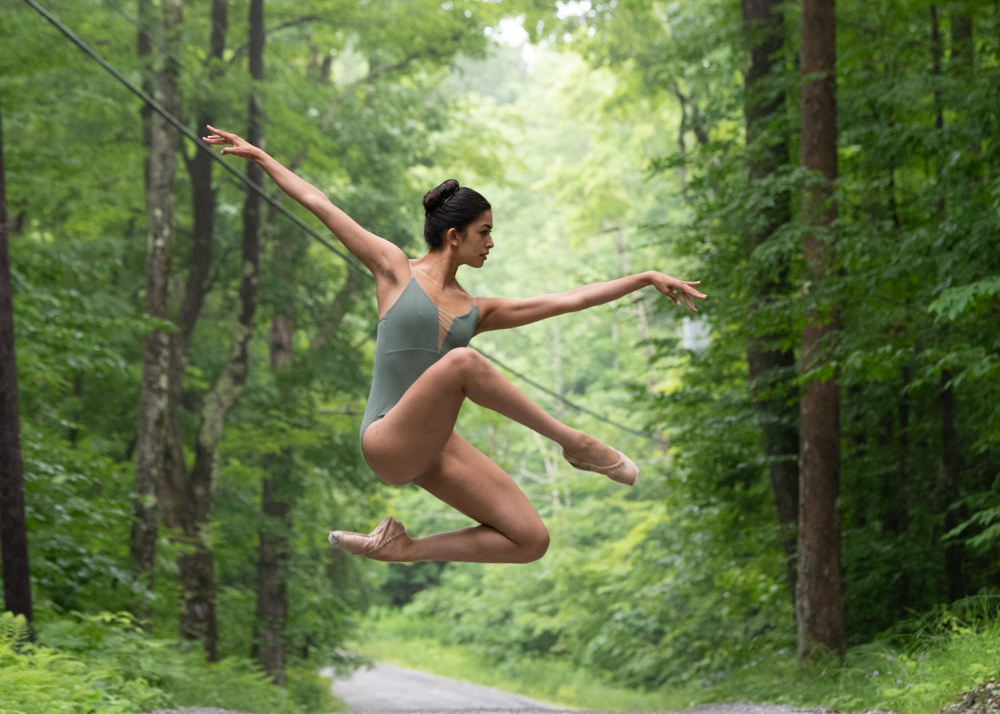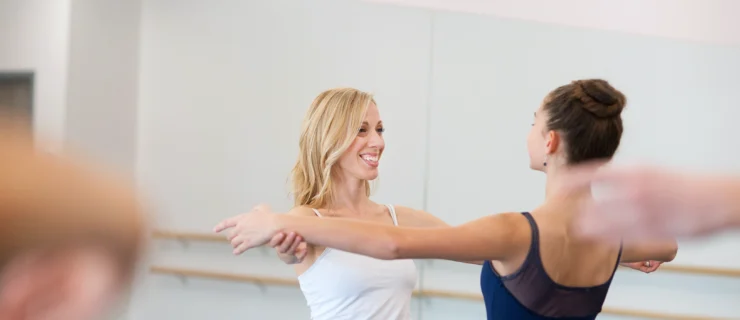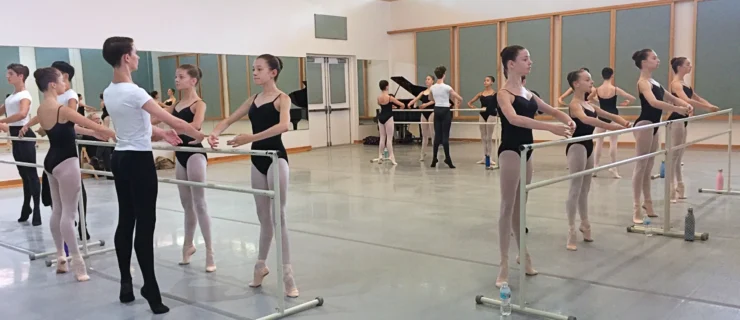How to Confidently Audition for a Summer Intensive You’ve Been Turned Down From Before
Auditions can be nerve-racking no matter what, but trying out for a summer program that once turned you down can feel especially daunting. It’s hard to present yourself confidently when a past “no” echoes in your head. But the reality of the summer-study audition process might be a lot less personal than you think. Besides, being a repeat applicant offers a great opportunity to show your progress. So how can you prepare yourself mentally for this year’s audition without fixating on the past? We talked to school directors and a dancer who’s been there to find out.
What’s Really Going On?
While you might feel like a past rejection puts you at a disadvantage, Pittsburgh Ballet Theatre School director Marjorie Grundvig says she actually appreciates seeing dancers try again. “It shows they’re determined,” she says, adding that having seen a student a year ago gives her a reference point by which to evaluate progress. “That’s really helpful, because I have more information than I did your first time around.”
Quite often, the reason a student is turned away has less to do with talent or potential and more with logistics and practicalities, like enrollment limits at certain class levels or age brackets. “Sometimes it’s something out of your control, like if you’re at the end of the audition tour and most of the spots are already filled,” says Grundvig.
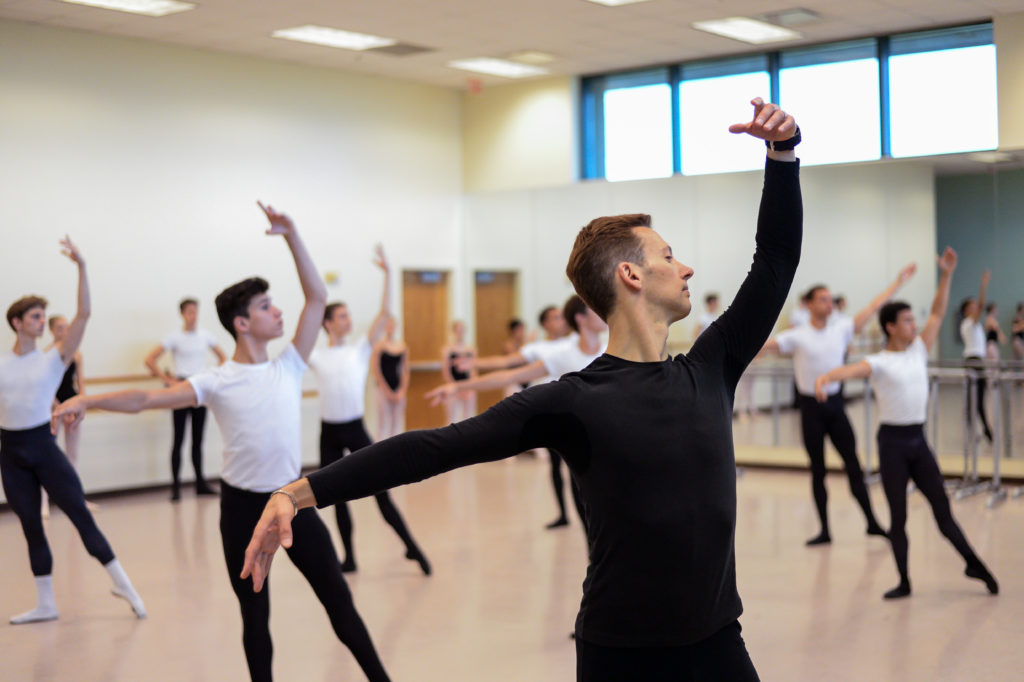
Philip Neal, director of Next Generation Ballet, says it can also be a matter of your strength in relation to others your age—which doesn’t reflect your overall potential and can definitely change over the course of a year. “One of the factors I take into account is whether a student can physically handle the entirety of an intensive without getting hurt,” says Neal. “I look at where they are in their development: Are they the right fit for us right now?”
Adequate strength on pointe is also a top consideration, adds Grundvig. “Sometimes it takes one person longer to get to a certain place than others, but that’s part of the process. Training is a long haul and it takes time. Not everyone at 14 is going to be able to do the same things.”
How to Think About This Year’s Audition
Most schools can’t give individual feedback to everyone at an audition. If you weren’t accepted to an intensive before but don’t know exactly why, try not to let self-criticism take over. “Please don’t have the attitude of ‘They didn’t want me then, why would they want me now?’” says Grundvig. “For everyone auditioning: We are on your side. We want you to do well, regardless of whether we took you last year or didn’t.”
If you remember getting an individual correction in the audition class last time, using that to reflect on how you’re training at home can be helpful, without comparing yourself to others. Grundvig says placement and alignment are common things students should focus on during the year in between auditions.
Oregon Ballet Theatre dancer Priyana Acharya got used to the occasional rejection when she made the rounds of summer program auditions as a teenager. She laughs as she recalls the long list of schools she auditioned for. “In the moment, it’s easy to feel defeated and down on yourself, like ‘Why did this happen to me?’” she says. “But then I started to think about how I just wasn’t the right fit for them at that time, but maybe in the future I would be. So even though it was upsetting at the moment, I always wanted to try again.”
That mindset is what Neal encourages in his own students when they’re wondering whether to reaudition somewhere. “I always tell them to try again. Kids grow and change. I was very small and weak for my age at 15. After years of acceptances, suddenly nobody wanted me. Then I grew into my body, and by the time I was 17 they wanted me again!”
Acharya recalls her disappointment at not making it into American Ballet Theatre’s New York City summer program the first time she auditioned. But on her second try, she got in. “I waited a couple years because by then I’d had more experience and my training had really been elevated,” she says. “What I learned is there’s no point in being scared of rejection. You never know what opportunities may come later on.”
Make a New First Impression
Keep in mind that every audition is your chance to make a first impression—or a new first impression, since you will have changed a lot since the last time you auditioned. “I never get cemented into my impression of a student,” says Neal. “I’d never dismiss someone because of what I saw the previous year.” On audition day, think about qualities beyond technique that will make you a compelling addition to a program, like the way you present yourself in class. “I look for someone who is engaged, is listening to corrections and trying to apply them, someone who is hungry to have more information,” says Grundvig.
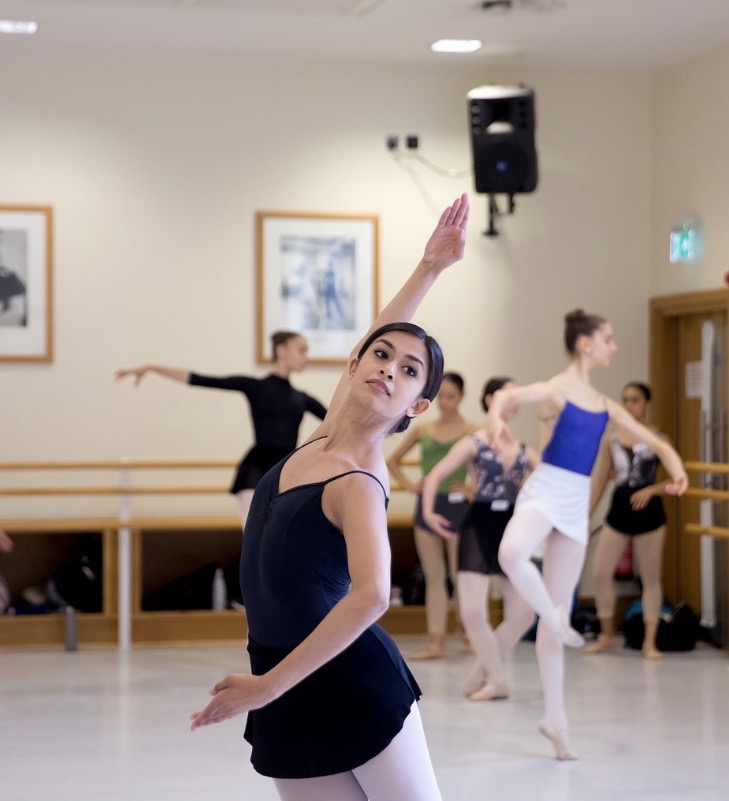
Acharya relies on what she learned about rebounding from those summer program rejections even now that she’s professional. “At any audition, I know I won’t always necessarily be what they need, but that’s okay—I still have value and something to offer.”
Neal agrees. “This is all part of your education, the same way you need to go out onstage and fall down in front of thousands of people, and then get back up and keep dancing. You have to develop a thick skin to be in the ballet business, so always go back and try again. Because what do you have to lose?”
